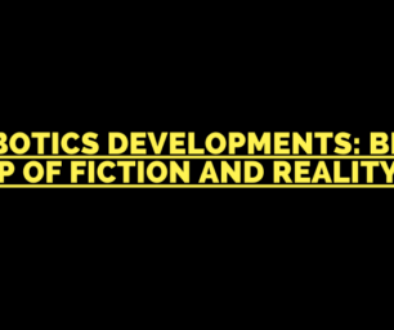Industrial engineering, a discipline that traces its roots back to the early 20th century, has undergone a remarkable evolution over the years. Initially focused on improving efficiency and productivity in manufacturing, industrial engineering has since expanded its scope to encompass a broader range of industries and challenges. This article explores the key milestones and transformations that have shaped the evolution of industrial engineering.
Early Beginnings:
The origins of industrial engineering can be traced to the early 20th century, when pioneers such as Frederick Taylor and Frank Gilbreth introduced principles of scientific management. Taylor’s time and motion studies aimed to optimize work processes and minimize wasted effort, laying the foundation for the efficiency-driven approach that characterizes early industrial engineering.
Expansion into Manufacturing:
As industrialization gained momentum, so did the need for systematic approaches to enhance productivity. Industrial engineers played a crucial role in streamlining manufacturing processes, introducing concepts like assembly line production and inventory management. This era saw the birth of methodologies such as Six Sigma and Lean Manufacturing, which aimed to eliminate defects and reduce waste in production.
Human Factors and Ergonomics:
Recognizing the importance of the human element in industrial processes, industrial engineers began incorporating principles of human factors and ergonomics into their methodologies. This shift marked a departure from purely mechanical and efficiency-focused approaches to a more holistic consideration of the worker-machine interface. Designing work environments that prioritize employee well-being and efficiency became a central focus.
Systematic Approaches and Operations Research:
In the mid-20th century, industrial engineering underwent a paradigm shift towards more systematic and quantitative approaches. Operations Research, a field that emerged during World War II, contributed mathematical and statistical methods to industrial engineering. These tools enabled engineers to optimize complex systems, leading to improvements in decision-making processes and resource allocation.
Information Age and Technology Integration:
The advent of the Information Age brought about another significant transformation in industrial engineering. The integration of computer technology allowed for more sophisticated modeling, simulation, and analysis of industrial systems. Computer-Aided Design (CAD) and Computer-Aided Manufacturing (CAM) became integral tools in optimizing product design and production processes.
Total Quality Management and Continuous Improvement:
The late 20th century witnessed the rise of Total Quality Management (TQM) as a dominant philosophy in industrial engineering. TQM emphasized a commitment to quality throughout the entire organization and promoted a culture of continuous improvement. This approach, along with the adoption of statistical process control methods, further enhanced product quality and customer satisfaction.
Supply Chain Management and Globalization:
As economies became increasingly interconnected, industrial engineering expanded its focus to include global supply chain management. Engineers began addressing challenges related to logistics, transportation, and coordination of resources across borders. The discipline adapted to the complexities of globalization, emphasizing flexibility and responsiveness to changes in the business environment.
Innovation and Industry 4.0:
In the 21st century, industrial engineering has embraced the era of Industry 4.0. This involves the integration of cutting-edge technologies such as the Internet of Things (IoT), artificial intelligence, and data analytics into industrial processes. The focus has shifted from mere efficiency to innovation, with an emphasis on smart manufacturing, predictive maintenance, and real-time decision-making.
Conclusion:
The evolution of industrial engineering reflects the dynamic nature of industrialization, technology, and global business. From its early roots in efficiency-driven methodologies, the discipline has evolved to address a wide array of challenges, emphasizing not only productivity but also worker well-being, quality, and innovation. As we move further into the 21st century, industrial engineering is poised to play a crucial role in shaping the future of manufacturing and industry.




